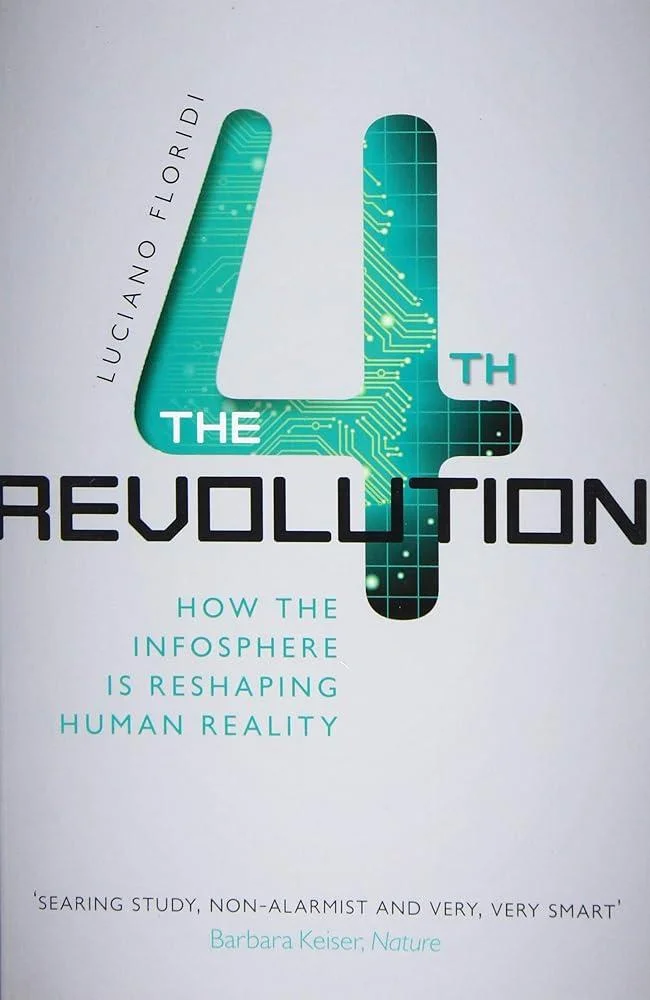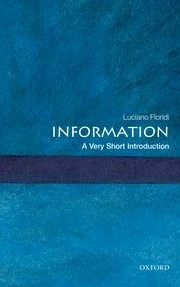
The Fourth Revolution : How the Infosphere is Reshaping Human Reality
(Autor) Luciano FloridiWho are we, and how do we relate to each other? Luciano Floridi, one of the leading figures in contemporary philosophy, argues that the explosive developments in Information and Communication Technologies (ICTs) is changing the answer to these fundamental human questions. As the boundaries between life online and offline break down, and we become seamlessly connected to each other and surrounded by smart, responsive objects, we are all becoming integrated into an "infosphere". Personas we adopt in social media, for example, feed into our 'real' lives so that we begin to live, as Floridi puts in, "onlife". Following those led by Copernicus, Darwin, and Freud, this metaphysical shift represents nothing less than a fourth revolution. "Onlife" defines more and more of our daily activity - the way we shop, work, learn, care for our health, entertain ourselves, conduct our relationships; the way we interact with the worlds of law, finance, and politics; even the way we conduct war. In every department of life, ICTs have become environmental forces which are creating and transforming our realities. How can we ensure that we shall reap their benefits? What are the implicit risks? Are our technologies going to enable and empower us, or constrain us? Floridi argues that we must expand our ecological and ethical approach to cover both natural and man-made realities, putting the 'e' in an environmentalism that can deal successfully with the new challenges posed by our digital technologies and information society.
Luciano Floridi
Luciano Floridi is an Italian philosopher known for his work in the field of philosophy of information and digital ethics. He is the author of several influential books, including "The Fourth Revolution: How the Infosphere is Reshaping Human Reality" and "The Ethics of Information." Floridi's writing style is characterized by clarity and rigor, making complex philosophical concepts accessible to a wider audience. His work has had a significant impact on the study of information and technology, shaping discussions on the ethical implications of the digital age. One of his most famous works is "The Philosophy of Information," which has been praised for its comprehensive analysis of the nature and role of information in contemporary society.
